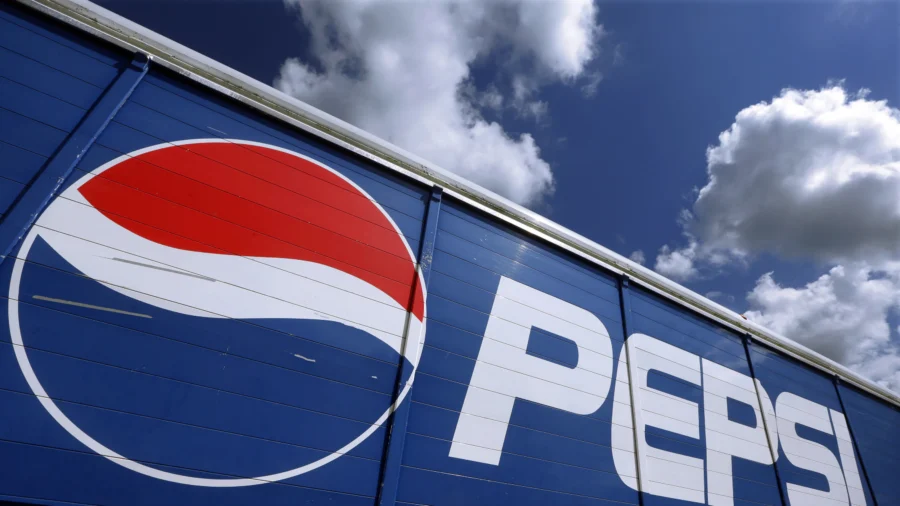PepsiCo has recalled a popular sugar-free beverage under the Schweppes label after the firm discovered that the drink contained as much sugar as regular Schweppes, but was labeled sugar-free.
The U.S. Food and Drug Administration (FDA) announced in a recall notice that the soft drink giant initiated a voluntary recall in March over the issue involving some of its Schweppes Zero Sugar Ginger Ale distributed to retailers in multiple states.
According to the agency, the recall has affected a total of 233 cases of the beverage, amounting to nearly 5,600 cans.
“During an internal investigation the firm discovered that product labeled as Zero Sugar contains full sugar product,” the FDA stated as the reason for the recall.
The 7.5-fluid-ounce cans were packed per 24 cans and sold at stores in the states of Maryland, Pennsylvania, and West Virginia. They have the codes May 20 24 MAY20240520VS02164 and MAY20240550VS02164.
People who have bought the recalled drinks are urged to either discard them or return them to the place of purchase for a refund.
The classification of the recall has been described as a “Class II” recall, meaning “a situation in which use of, or exposure to, a violative product may cause temporary or medically reversible adverse health consequences or where the probability of serious adverse health consequences is remote,” according to a statement from the FDA.
So far, there are no reported adverse reactions or injuries related to the beverage sometimes consumed by people managing diabetes.
According to the official Schweppes website, all ingredients for the brand’s ginger ale drink are carbonated water, malic acid, sodium citrate, sodium benzoate (preservative), aspartame, natural flavors, caramel color, and acesulfame potassium.
In pursuit of reducing sugar consumption, sugar-free beverages have become more prevalent in the United States and many Americans have made the switch from sugar to artificial sweeteners.
While eliminating sugar is undoubtedly a good health move, the World Health Organization (WHO) indicated last year that replacing sugar with artificial sweeteners might not be any better.
In a set of guidelines, the WHO recommended against the use of non-sugar-sweeteners (NSS) to control body weight or reduce the risk of noncommunicable diseases (NCDs).
The agency said that using non-sugar-sweeteners does not help with weight control in the long term and recommends using natural sugar alternatives such as fruit or consuming unsweetened food and beverages.
“The recommendation is based on the findings of a systematic review of the available evidence, which suggests that the use of NSS does not confer any long-term benefit in reducing body fat in adults or children,” the WHO said.
“Results of the review also suggest that there may be potential undesirable effects from long-term use of NSS, such as an increased risk of type 2 diabetes, cardiovascular diseases, and mortality in adults.”


